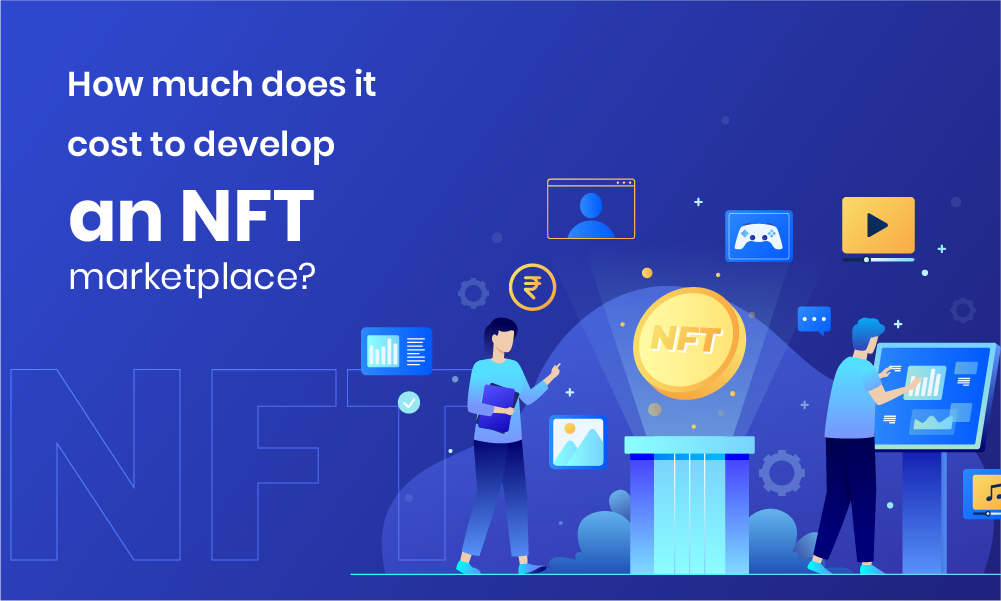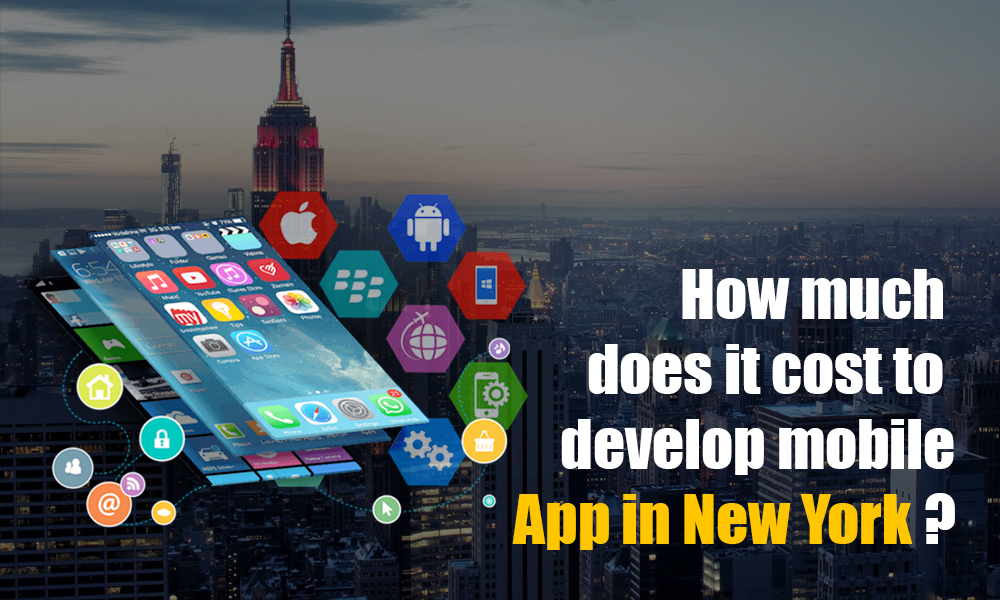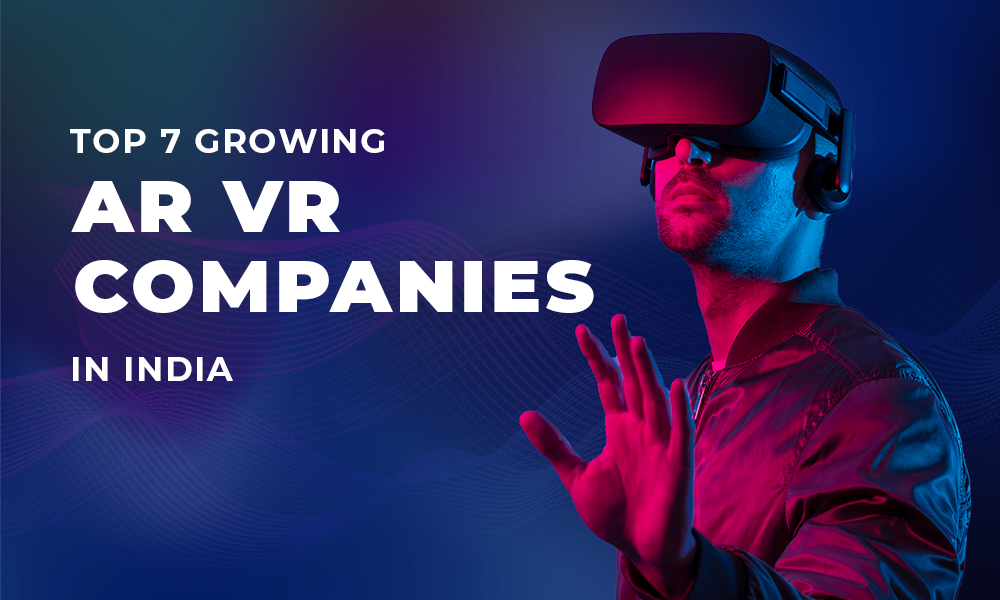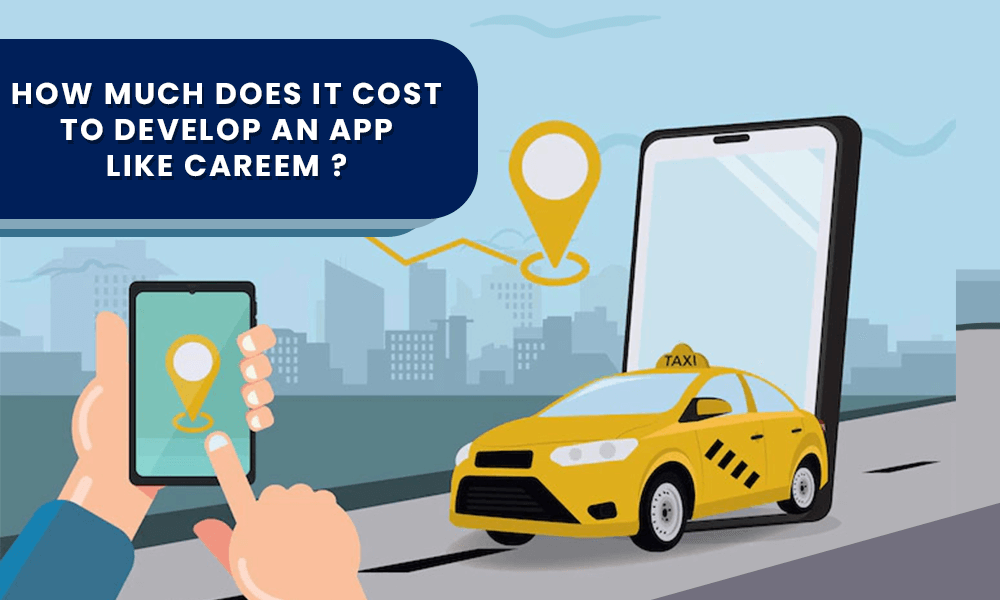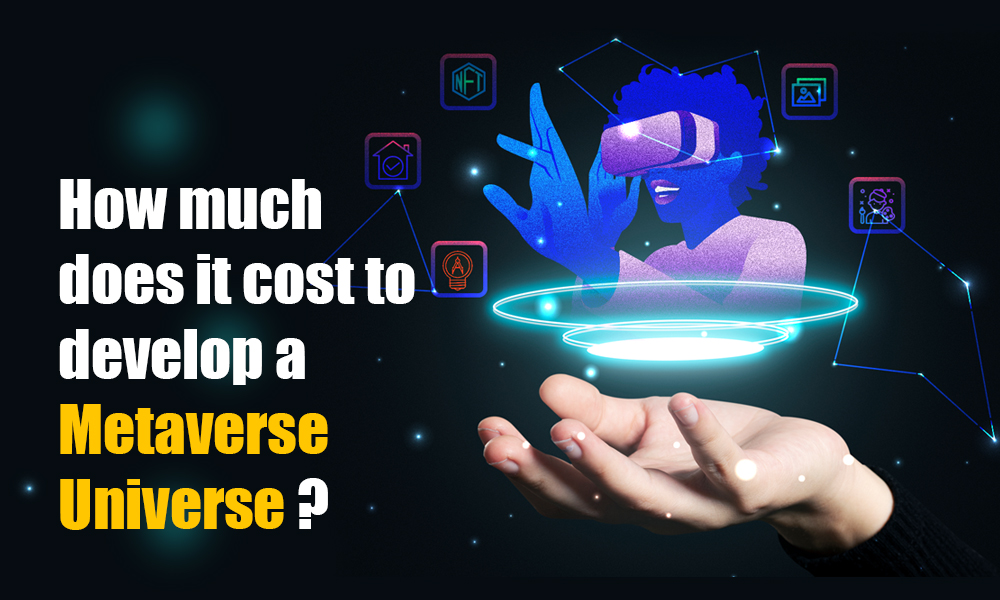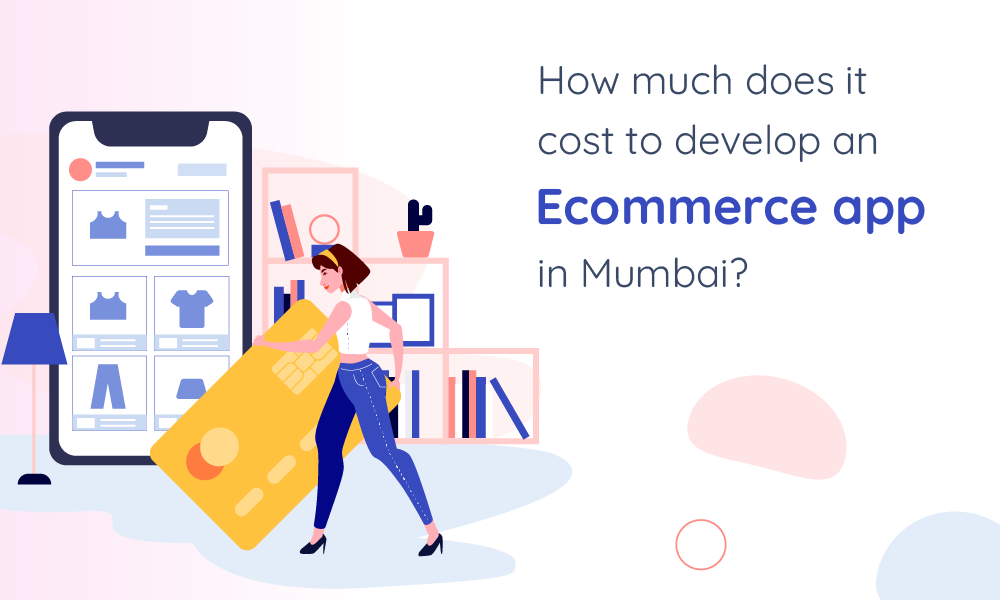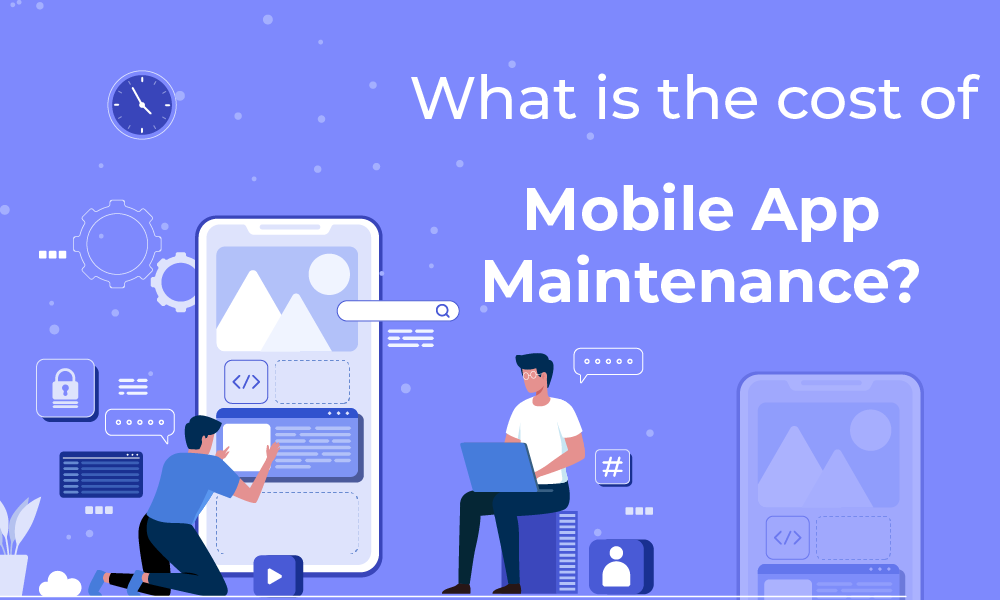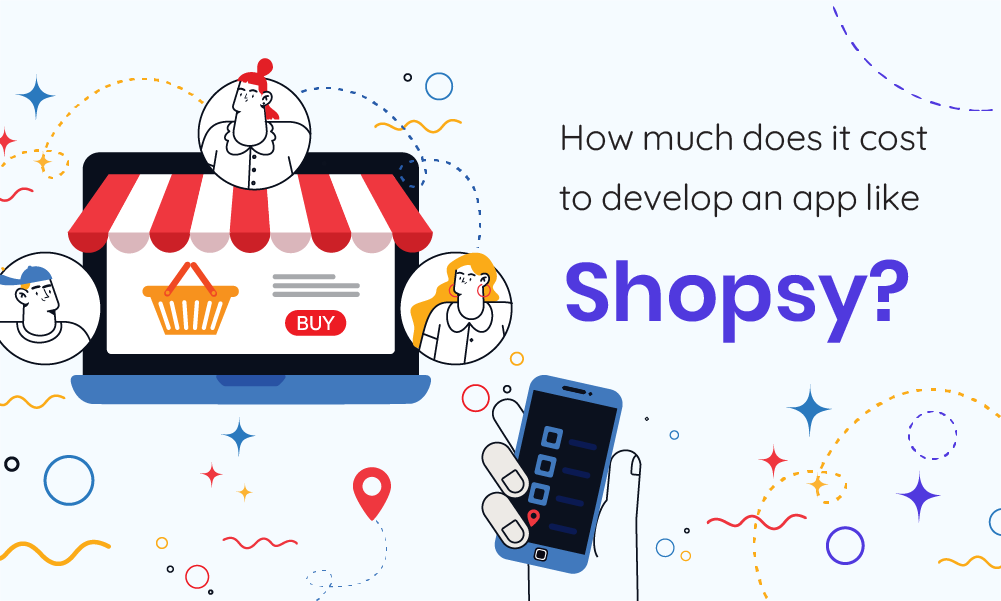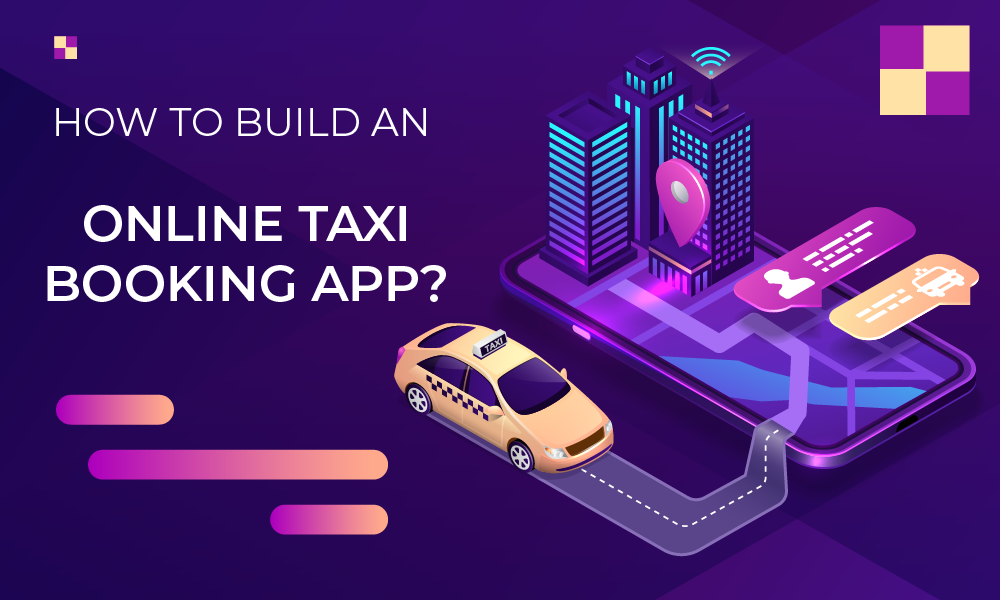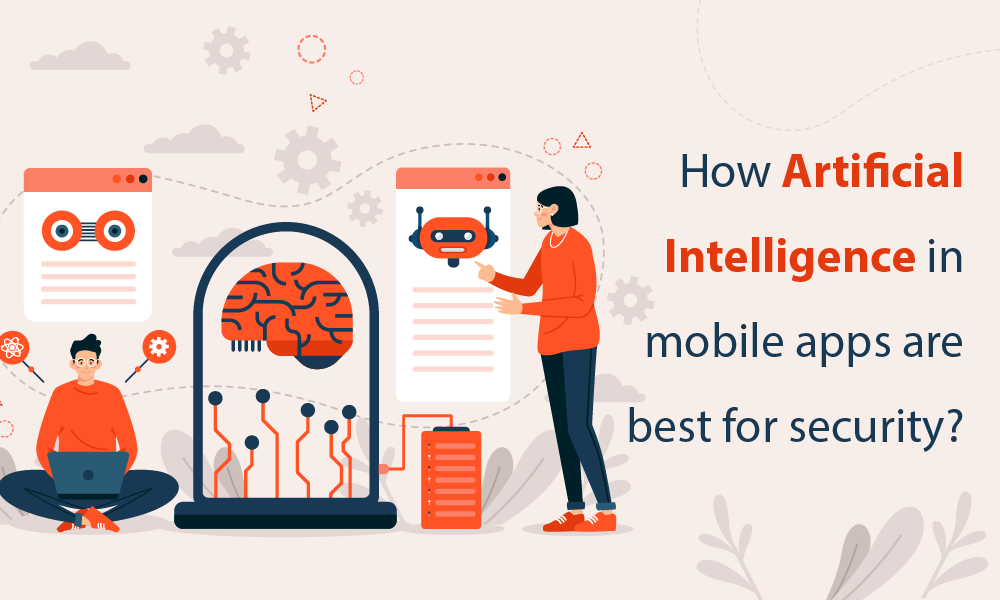Introduction:
Table of Contents
ToggleIn a world where robots can flip pancakes and cars can drive themselves, why shouldn’t your online shopping experience be equally mind-blowing?
The e-commerce landscape is a dynamic and ever-evolving realm where businesses constantly strive to gain an edge and capture the hearts and wallets of online shoppers. In this competitive arena, artificial intelligence has emerged as a transformative force, empowering businesses to not only survive but thrive in the digital marketplace.
According to a recent report by Statista, the global e-commerce market is projected to reach a staggering $5.4 trillion by 2026, highlighting the immense potential that this sector holds.
AI, with its ability to analyze vast amounts of data, personalize customer experiences, and optimize operations, is poised to play a pivotal role in shaping the future of e-commerce.
In this blog, we’ll explore ways AI can boost your business with tangible results, making shopping easier, faster, and more enjoyable than ever before.
Understanding AI in e-commerce:
AI is a game-changer in e-commerce, evolving beyond a trend into a transformative force set to redefine the digital shopping landscape. AI is the driving force unlocking e-commerce’s true potential, marking the start of a future where shopping isn’t just a task but an immersive, personalized delight for consumers.
As AI technologies advance, the future holds promises of even more personalized experiences, intelligent product recommendations, and streamlined operations, ensuring a seamless and rewarding shopping journey.
For businesses, embracing AI isn’t just a competitive advantage; it’s the key to long-term success in the dynamic e-commerce realm.
Following are the leading five e-commerce companies that have experienced growth through the implementation of AI in their business models:
1. Amazon: Amazon, the pioneer in AI implementation, utilizes it for product recommendations, search engine enhancements, and customer service chatbots. AI is also at the core of Amazon’s logistics and inventory management, contributing to a revenue surge from $232.9 billion in 2017 to a whopping $469.82 billion in 2022.
2. Alibaba: A powerhouse in e-commerce, Alibaba leverages AI for product recommendations, search engine optimization, and robust fraud detection. AI’s role extends to personalized marketing and logistics optimization, propelling Alibaba’s gross merchandise value from $423.2 billion in 2017 to a staggering $1.34 trillion in 2022.
3. eBay: eBay employs AI to enhance its search engine, secure fraud detection systems, and power customer service chatbots. AI’s impact also extends to personalized marketing and logistics optimization, contributing to eBay’s growth from 175 million active buyers in 2017 to 187 million in 2022.
4. Zalando: A prominent European online fashion retailer, Zalando harnesses AI for personalized product recommendations, search engine refinement, and targeted marketing. AI’s role extends to logistics optimization, fostering substantial revenue growth from €5.3 billion in 2017 to €18.6 billion in 2022.
5. JD.com: JD.com, a major player in Chinese e-commerce, employs AI for product recommendations, search engine enhancements, and robust fraud detection. Logistics optimization through AI also contributes to JD.com’s remarkable revenue growth, from $55.8 billion in 2017 to $147.2 billion in 2022.
Ways AI Can Boost Your Business with Tangible Results
1. Impact on the Customer Experience
- Personalization through AI: Personalization has become a must-have for businesses to succeed in the e-commerce landscape. Customers today expect more than just a wide selection of products. They want personalized experiences that cater to their unique preferences and needs. AI is a powerful tool that enables e-commerce businesses to deliver this level of personalization.
Key takeaway pointers:
- AI can analyze vast amounts of customer data to gain a deep understanding of individual preferences.
- This data-driven approach enables businesses to provide tailored product recommendations, targeted promotions, and personalized search experiences.
- AI-powered personalization extends beyond product recommendations to encompass the entire customer journey.
- Businesses can leverage AI to personalize email campaigns, offer personalized discounts and rewards, and even tailor the website layout and content to individual preferences.
- The benefits of AI-driven personalization extend beyond customer satisfaction and increased sales. By understanding customer preferences, businesses can gain valuable insights into market trends and consumer behavior.
- AI in Customer Service: Customer service is an integral part of any successful e-commerce business. It’s the backbone of customer satisfaction, loyalty, and retention. AI is revolutionizing customer service by providing real-time assistance and problem-solving through chatbots and virtual assistants.
Key takeaway pointers:
- Chatbots and virtual assistants are AI-powered programs that can interact with customers in a natural language.
- They can answer questions, resolve issues, and even provide emotional support.
- Chatbots and virtual assistants can operate 24/7, providing customers with immediate assistance.
- They can handle repetitive tasks, freeing up human agents to focus on more complex issues.
- Chatbots and virtual assistants can collect valuable customer data, which can be used to improve customer service and product offerings.
2. Optimizing operations with AI
- Supply Chain and Inventory Management: In the complex world of online shopping, managing how things move from sellers to buyers is important. Having a good system for stock and deliveries is crucial for making sure products get from suppliers to customers smoothly. AI is changing how we handle these tasks, making them work better and cost less while keeping customers happier.
By implementing AI in supply chain and inventory management, businesses can achieve several benefits, including.
- Reduced costs
- Improved efficiency
- Enhanced customer satisfaction
- Increased agility
- Reduced risk
Following are the top 5 ways AI is revolutionizing supply chain and inventory management:
- Demand Prediction: AI delves into data to accurately predict demand, optimizing production and minimizing excess inventory, ensuring timely product availability.
- Inventory Enhancement: AI assesses sales patterns and supplier performance to determine optimal stock levels, reducing shortages and excess inventory, thus improving efficiency and cutting costs.
- Logistics Streamlining: AI optimizes shipping routes, delivery schedules, and warehouse operations, slashing transportation expenses, enhancing delivery times, and identifying potential disruptions for a seamless supply chain.
- Real-time Monitoring: With real-time monitoring, AI enables businesses to track goods, swiftly address issues, and ensure uninterrupted operations, ultimately elevating customer satisfaction.
- Proactive Maintenance: AI scrutinizes equipment data, foreseeing potential failures and enabling proactive maintenance scheduling. This minimizes downtime, enhances equipment efficiency, and ensures a smooth-flowing supply chain.
b. AI-driven Marketing Strategies: As AI technologies advance, their influence on marketing deepens. Businesses adopting AI-driven marketing strategies are strategically positioned to navigate the dynamic digital landscape, strengthen connections with customers, and attain sustainable growth.
By harnessing AI’s capability to analyze extensive customer data and derive actionable insights, businesses can customize their marketing initiatives according to individual preferences, behaviors, and purchasing patterns. This data-centric approach results in heightened engagement, increased conversions, and boosted sales.
By embracing AI-driven marketing strategies, businesses can achieve a multitude of benefits, including:
- Increased customer engagement and loyalty
- Boosted conversion rates and sales
- Improved ROI on marketing campaigns
- Data-driven decision-making
- Enhanced customer understanding
Make ReapMind Your Trusted Guide to AI-powered e-commerce Success
Harnessing the potential of AI is a game-changer in the dynamic realm of e-commerce, and that’s where ReapMind emerges as the best partner, guiding your businesses toward AI-powered success.
With our innovative solutions, you can personalize customer experiences, streamline operations, and gain data-driven insights to drive growth.
Why ReapMind?
- ReapMind pioneers AI solutions, transforming e-commerce with intelligent product recommendations and personalized customer experiences.
- Crafted for uniqueness, our bespoke AI solutions align with diverse business needs, from startups to established brands.
- With a history of driving AI initiatives, we elevate efficiency, revenue, and customer satisfaction for our clientele.
- By anticipating trends, we keep businesses ahead in the rapidly evolving AI landscape.
- Our partnership approach ensures a seamless integration of AI solutions, making success a shared journey.
For businesses seeking a trusted guide to navigate the AI-powered e-commerce landscape, ReapMind stands as the catalyst for transformative success.
Ethical Considerations and Future Trends
- Ethical Use of AI in e-commerce: The ethical use of AI holds significant importance, particularly concerning data privacy and algorithmic fairness. As AI continues to revolutionize online shopping experiences, addressing these concerns becomes pivotal for ensuring trust and equity in this evolving domain.
The ethical use of AI holds significant importance, particularly concerning data privacy and algorithmic fairness. As AI continues to revolutionize online shopping experiences, addressing these concerns becomes pivotal for ensuring trust and equity in this evolving domain.
Key Takeaway Pointers:
- Data Privacy Assurance: Customers seek robust measures to protect their personal information in AI-driven e-commerce setups.
- Tackling Algorithmic Bias: Striving for fairness in AI algorithms to prevent discrimination and ensure equitable recommendations for all users.
- Building Trust: Ethical AI practices not only secure user trust but also foster transparency between businesses and consumers.
b. Future Trends in AI and e-commerce: AI is transforming online shopping, making it more personal, efficient, and profitable for businesses big and small. As AI technology keeps growing, we can expect to see even more innovative applications emerge that will shape the future of online shopping.
Following are a few of the many ways in which AI is transforming the e-commerce landscape: - Hyper-Personalization: AI will advance to offer even more tailored shopping journeys by analyzing user behavior and preferences, and delivering highly targeted product suggestions.
- Visual Search: The future of AI in e-commerce includes improved visual search capabilities, enabling users to find products effortlessly using images instead of traditional keywords.
- Conversational Commerce: AI-driven chatbots and virtual assistants will become more sophisticated, providing seamless and context-aware interactions for purchasing, recommendations, and support.
- Augmented Reality: AI and augmented reality will join forces to create virtual try-on experiences, allowing customers to visualize products like clothing or furniture in their own space before buying.
- Blockchain Transparency: AI integrated with blockchain technology will enhance transparency in e-commerce transactions, ensuring secure and authentic supply chains.
- Voice-Activated Shopping: Voice commerce will rise in popularity, enabling users to make purchases through AI-powered voice assistants, adding convenience, especially in hands-free situations.
- Predictive Analytics: AI-driven predictive analytics will optimize inventory management by accurately forecasting demand, preventing overstock or stockouts, and improving overall supply chain efficiency.
Conclusion
The use of AI in e-commerce is a game-changer, improving how businesses operate and interact with customers. It’s like a big shift that’s making online shopping smoother and smarter. Among the many companies leading this change, ReapMind stands out as your trusted ally.
Why ReapMind? It’s not just about incorporating AI; it’s about finding a partner that crafts tailor-made solutions, speaks the language of your business, and understands your aspirations. We are a team that doesn’t just promise success; we bring it to life, turning concepts into reality.
With us, it’s not about complex jargon; it’s about clarity, collaboration, and results.
If you’re ready to rewrite the rules of e-commerce, ReapMind isn’t just an option—it’s the perfect choice.
Contact us today, and together, let’s propel your e-commerce business to the next level.
FAQs
- What does AI do for e-commerce?
Ans: AI in e-commerce improves things like product recommendations, automates customer service, manages inventory, and predicts trends. It makes shopping better for customers and operations smoother for businesses. - Why choose ReapMind for AI in e-commerce?
Ans: ReapMind stands out by creating personalized AI solutions that fit seamlessly with your online store. We are experts at making AI work for your specific business goals, making growth and efficiency easy. - How does ReapMind support AI integration?
Ans: ReapMind provides full support to smoothly add AI to your existing online store. Our team helps with the switch and continues to offer help and maintenance afterward. - How does AI help stop fraud in online shopping?
Ans: AI algorithms detect unusual patterns in transactions, flagging potential fraudulent activities in real-time, thereby enhancing security and trust within e-commerce platforms. - Can AI help with managing online store inventory?
Ans: Absolutely. AI-powered tools predict what products are in demand, control how much stock is needed, and cut down on extra inventory. This saves money and increases sales opportunities. - Is AI only for large e-commerce businesses?
Ans: No, AI, especially from ReapMind, works for businesses of all sizes. We offer AI that fits your needs and budget, whether you’re a small shop or a larger enterprise.























































